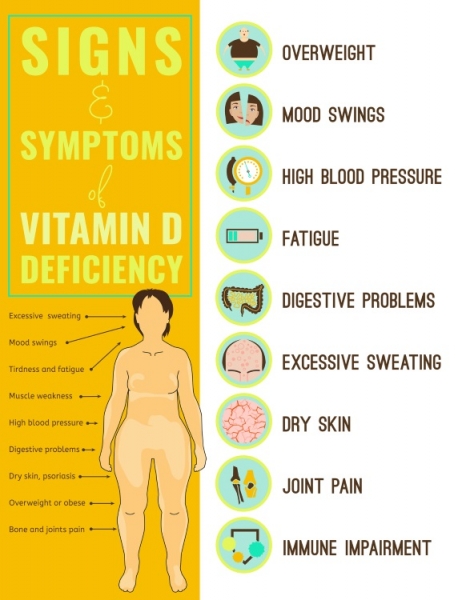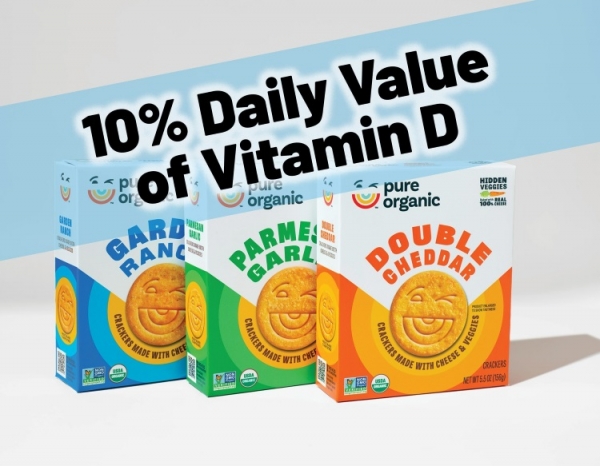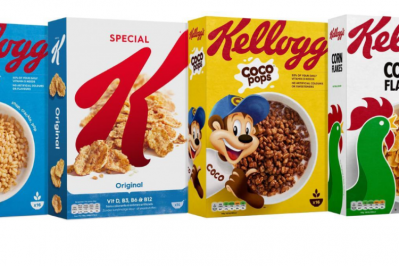FDA greenlights Kellogg’s petition to address vitamin D deficiency in breakfast cereals, snacks

The 5 January 2023 issue of the Federal Register announced up to 560 international units (IU) of Vitamin D3 per 100g may now be included in breakfast cereals, and up to 400 IU per 100g in snacks like breakfast bars, granola bars and rice cereal bars..
The hidden hunger
Vitamin D helps to regulate the amount of calcium and phosphate in the body – essential to keep bones, teeth and muscles healthy. Vitamin D is known as the sunshine vitamin and is also found in sources like fatty fish, egg yolks and certain mushrooms. However, the 2020-25 Dietary Guidelines for Americans notes 90% of Americans don’t get enough of the vitamin (especially during the winter months), with severe deficiencies leading to bone deformities, such as rickets in children and osteomalacia in adults.
Aligned to its Better Days Promise, Kellogg’s is committed to addressing this so-called ‘hidden hunger’.
The Battle Creek, Michigan-headquartered cereal giant was the first to voluntarily add vitamins and minerals to its products in 1938, and since the 1970s, has added folic acid to infant cereals to help combat neural tube defects.
It was also the first cereal company to fortify its family range with 25% of daily Vitamin D needs in 2011, following a report by the Institute of Medicine of the National Academies that established the nutrient’s dietary reference intake (DRI).
In 2018, Kellogg’s increased this content to 50% in cereals like Coco Pops, Rice Krispies, Bran Flakes and Special K, among others.
“Even if you eat a diet considered to be healthy, it’s still difficult to consume the amount of Vitamin D needed, and so fortified foods play a key role to helping to combat the nation’s deficiencies,” said Laura Street, senior Kellogg’s nutrition manager, at the time.
Improving public health through food
Seeing an even bigger opportunity to help improve public health through food – and with research revealing a greater desire among consumers to add more Vitamin D to their diet – Kellogg petitioned the FDA on 25 June 2019 to review fortification regulations, supporting the lobby with scientific studies beyond 2011.
“Kellogg fortified cereals and milk have long been a delicious and affordable way to get Vitamin D,” said Nigel Hughes, Kellogg SVP, Global R&D and Innovation.
“Now, everyday foods like cereal and grain-based bars, can go even further toward helping people access and consume Vitamin D, creating better days for 3 billion people by the end of 2030.”
Beyond the fortification of current products, Kellogg’s has also gone back to the drawing board to innovate ways to leverage inherent sources of the nutrient.
Rolling out on US supermarket shelves this month, Pure Organic Crackers made with Cheese and Veggies is the first better-for-you cracker to contain a good source (10% Daily Value) of Vitamin D from mushroom powder.











